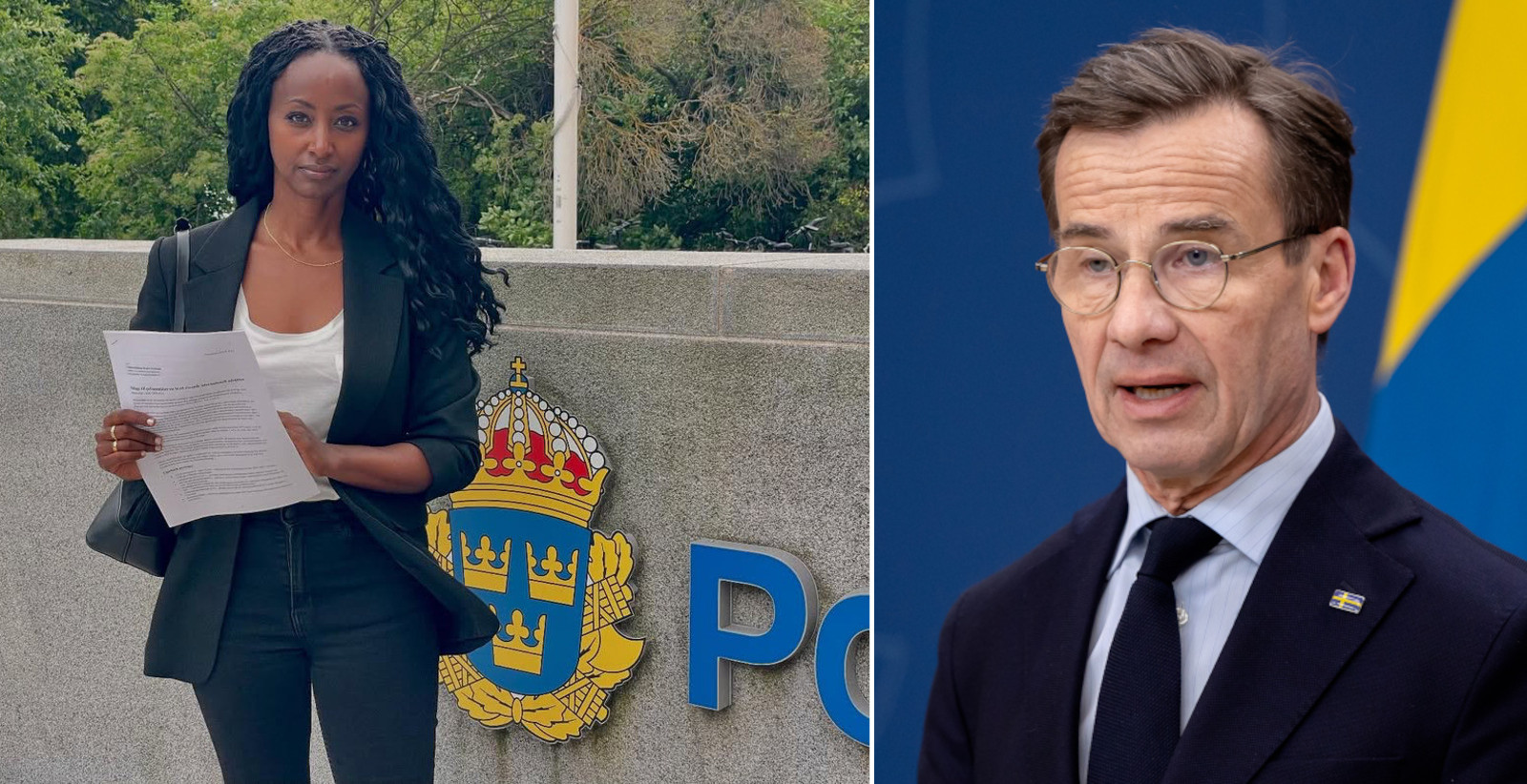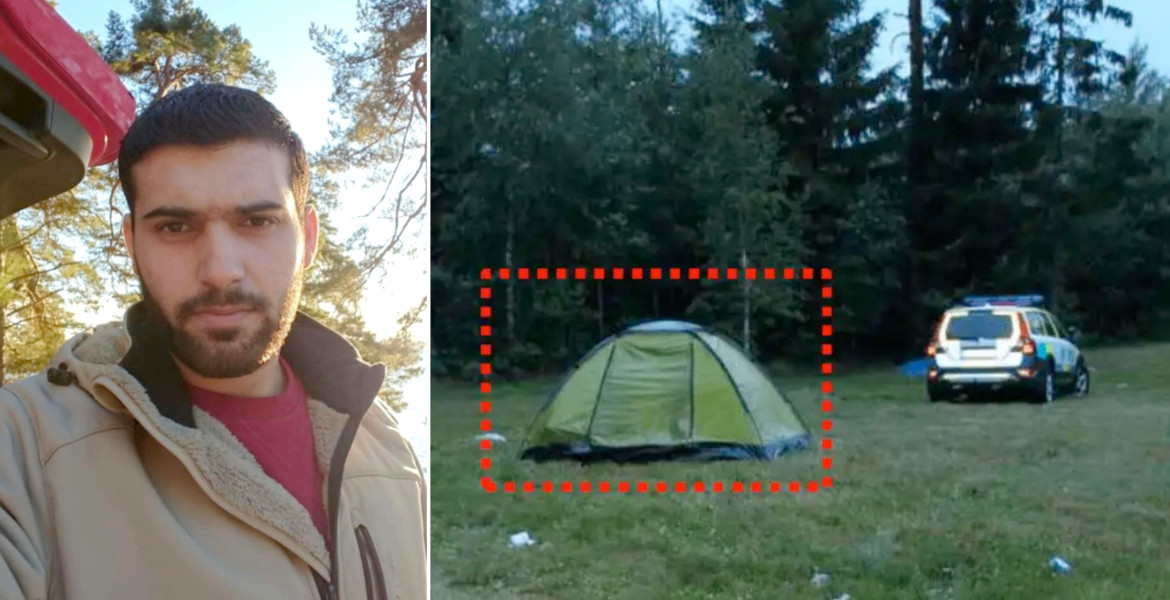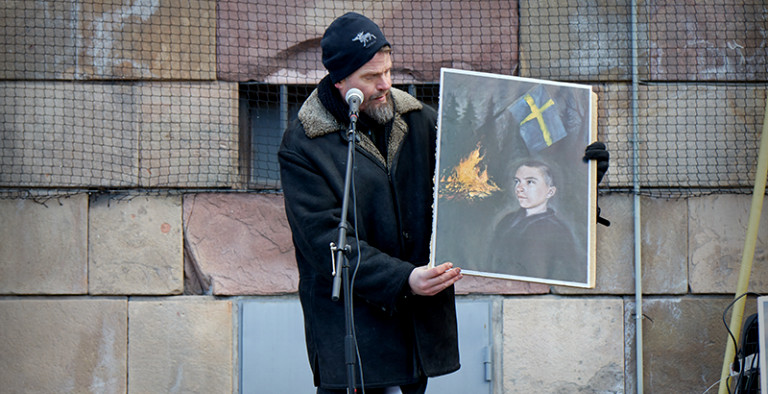The Swedish Prime Minister is accused of human trafficking and aggravated document forgery linked to his previous role as chairman of Adoptionscentrum (Swedish adoption agency). Jenny Rogneby, who is herself adopted from Ethiopia, has filed the report and argues that extensive misconduct has been overlooked for decades.
Swedish Prime Minister Ulf Kristersson of the Moderate Party has been reported to police for his involvement in Sweden's international adoption operations. The report, which includes suspicions of human trafficking and aggravated document forgery, has been filed by criminologist and former criminal investigator Jenny Rogneby.
Rogneby, who is herself adopted from Ethiopia, points to Kristersson's role as chairman of Adoptionscentrum between 2003 and 2005. During this period, the number of adoptions from China doubled, while warning signals about misconduct had already begun to emerge.
— This is about child trafficking, forgeries, official misconduct and other serious crimes where many have been affected – but where no one has yet been held accountable, Jenny Rogneby tells Dagens ETC.
Several actors reported to police
The police report targets multiple actors within the adoption sector, not only the Prime Minister. Among those reported are Adoptionscentrum's management, the Swedish Authority for Family Law and Parental Support (MFoF), the Ministry for Foreign Affairs, and private adoption agencies.
The background to the report is the state adoption commission's investigation, which showed that Swedish actors had knowledge of serious misconduct within adoption operations for several decades. Despite this, the operations were allowed to continue without intervention, according to Rogneby.
Serious allegations of child trafficking
In an Instagram post, Rogneby describes the scope of the alleged misconduct: "Children have been declared dead despite being alive, kidnapped, registered as abandoned and sold – and subsequently adopted to Sweden under false premises."
She claims that the state investigation contains extensive documentation showing how false documents were used, how consent was lacking or obtained under misleading circumstances, and that financial incentives played a decisive role in adoption processes in several cases.
"These are very serious circumstances that, in my assessment, should be examined legally," she writes to Dagens ETC.
The adoption commission's report has previously led Sweden to halt international adoptions from several countries and tighten control of adoption operations.




